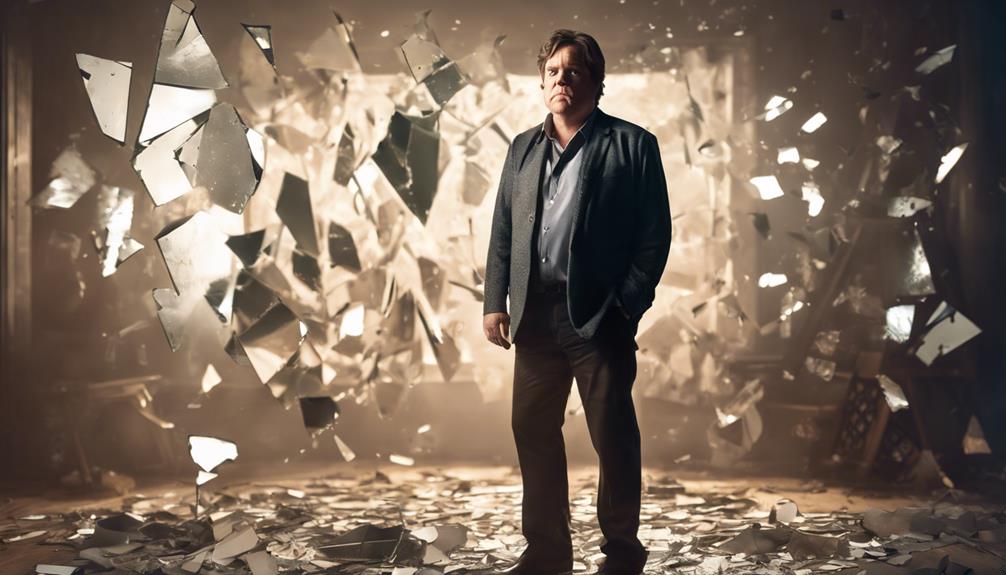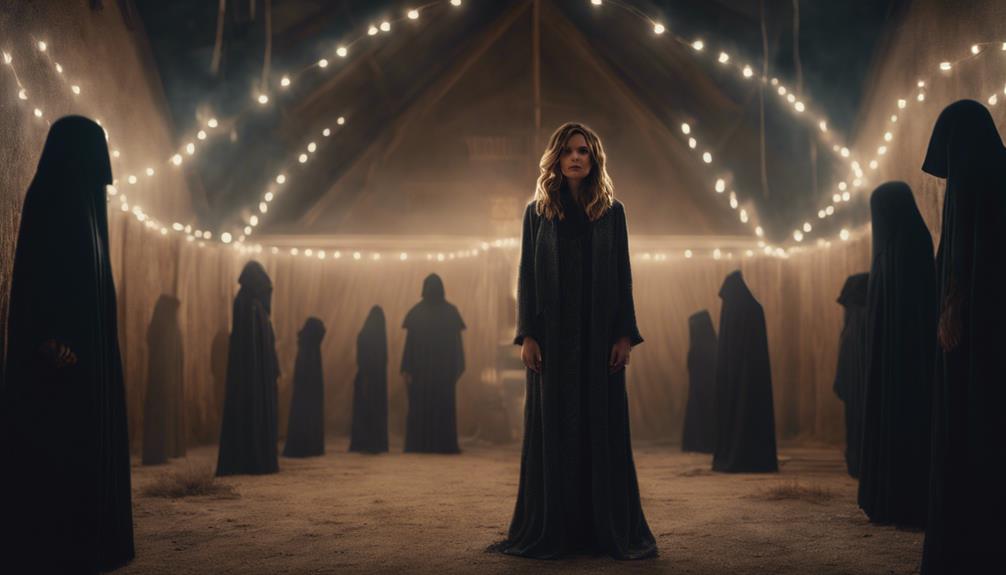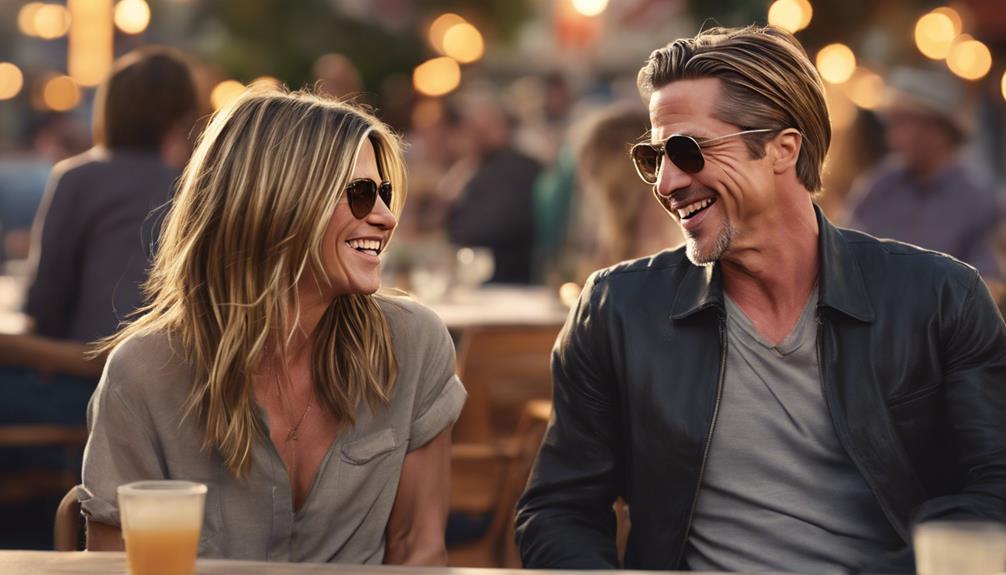Dan Schneider, creator of Nickelodeon shows like iCarly and Victorious, is fighting back against defamation allegations made by docuseries 'Quiet on Set', which linked him to child sex offenders. Schneider vehemently denies and condemns these allegations, emphasizing the importance of accurate storytelling in the media industry. He has filed a lawsuit seeking unspecified damages for mental distress and financial losses. Schneider expresses outrage and hurt over the misleading portrayal, acknowledging past mistakes but denying complicity in child sex abuse. As the legal battle unfolds, the outcome will have significant implications for Schneider's reputation and the media industry as a whole, setting a precedent for responsible storytelling.
Key Takeaways
• Dan Schneider files a lawsuit against 'Quiet on Set' for linking him to child sex offenders, denying involvement and condemning child sexual abuse.
• Schneider seeks unspecified damages for mental distress and financial losses, emphasizing the importance of accurate storytelling in the media industry.
• The lawsuit aims to hold the docuseries accountable for its allegedly defamatory portrayal, sparking conversations about accountability and responsible storytelling.
• Schneider's legal team must gather evidence to support their claims, with the outcome having significant implications for Schneider and the media industry.
• The defamation lawsuit underscores the devastating consequences of false accusations, affecting the accused, their loved ones, colleagues, and fans.
Defamation Allegations and Lawsuit
One prominent television producer, Dan Schneider, has taken legal action against the docuseries 'Quiet on Set' for allegedly linking him to child sex offenders through manipulative editing and sensationalism. Schneider claims the docuseries falsely implies he's complicit in child sexual abuse, causing him mental distress and financial losses.
He vehemently denies any involvement in such heinous acts and condemns child sexual abuse. The lawsuit seeks unspecified damages, citing the docuseries' manipulative tactics as a ratings-driven 'hit job.' Schneider's legal action aims to hold the docuseries accountable for its allegedly defamatory portrayal, emphasizing the importance of accurate storytelling in the media industry.
Reaction to Misleading Portrayal
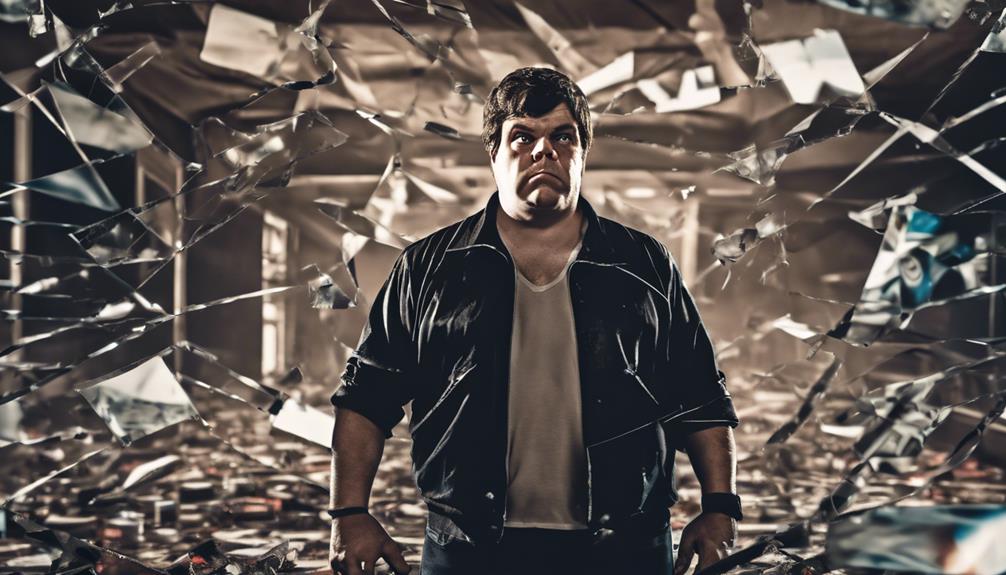
Dan Schneider's reaction to the misleading portrayal in 'Quiet on Set' is one of outrage and hurt. He acknowledges past mistakes and poor judgment in his early career while emphasizing the importance of separating his personal growth from false implications of complicity in child sex abuse.
He expresses regret and takes accountability for his behavior, believing the docuseries misled viewers for ratings by falsely implicating him in heinous acts. Schneider underscores the distinction between his past mistakes as a boss and the egregious accusations, highlighting the need for responsible storytelling.
Media Frenzy and Public Backlash
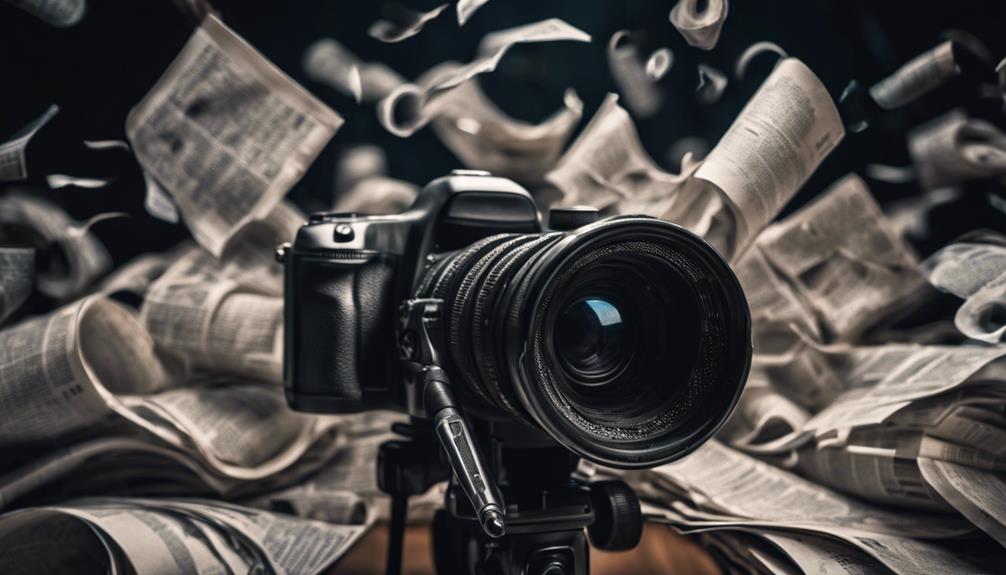
Social media platforms are ablaze with heated debates and discussions as the news of Dan Schneider's defamation lawsuit against 'Quiet on Set' spreads like wildfire. The entertainment industry is abuzz with reactions, ranging from outrage to support, as fans and critics alike weigh in on the controversy.
Schneider's denial of allegations and condemnation of child sexual abuse have sparked intense conversations about accountability and responsible storytelling. Online petitions and movements have emerged, calling for investigations and fair representation in the media.
As the public grapples with the implications of the lawsuit, one thing is clear: the fallout from 'Quiet on Set' has ignited a media frenzy that shows no signs of slowing down.
Legal Battle for Reputation
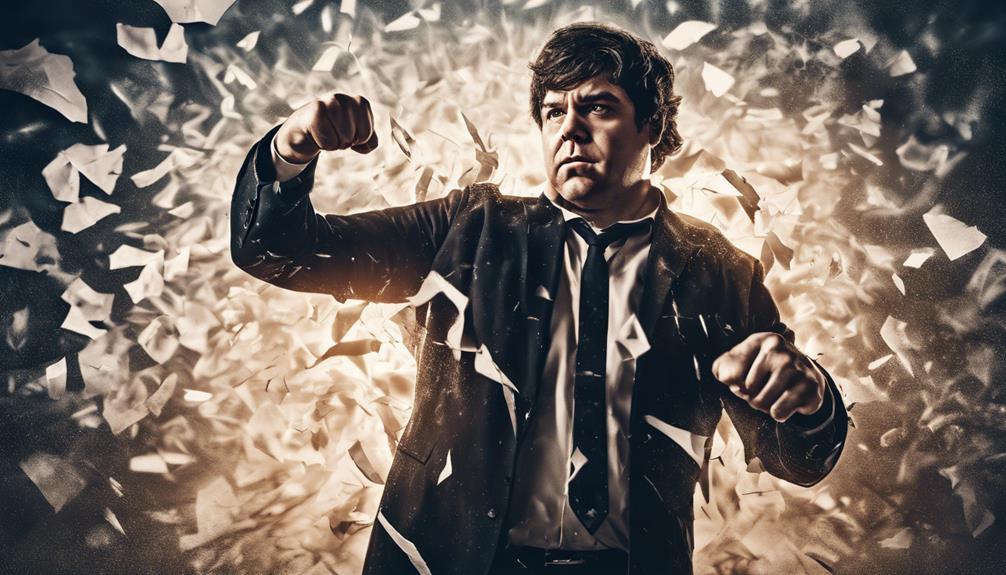
With Schneider's reputation on the line, the legal battle against 'Quiet on Set' is shaping up to be a fiercely contested fight for his professional livelihood. The defamation lawsuit seeks unspecified damages for mental distress and financial losses, citing manipulative editing and sensationalism in linking Schneider to child sex offenders. Schneider's legal team will need to gather evidence to support their claims, while 'Quiet on Set' will likely argue that their portrayal was fair and accurate.
As the legal process unfolds, the outcome will have significant implications for Schneider's reputation and the media industry as a whole. A victory for Schneider could set a precedent for holding media outlets accountable for responsible storytelling, while a loss could further tarnish his already damaged reputation.
Consequences of False Accusations
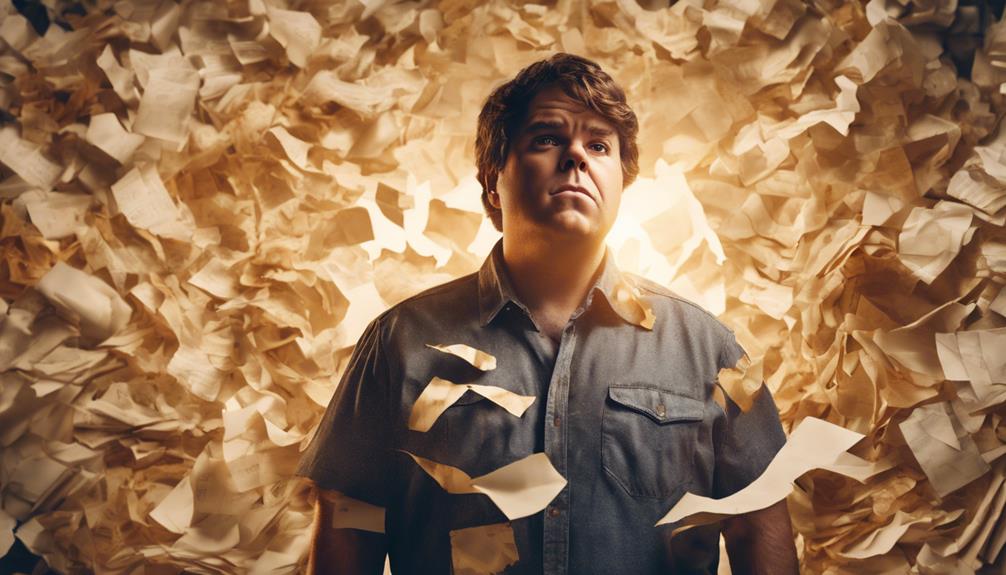
False accusations can have devastating and long-lasting consequences for individuals like Dan Schneider, whose reputation and career are put on the line. The repercussions of false allegations can be far-reaching, affecting not only the accused but also their loved ones, colleagues, and fans.
In Schneider's case, the false portrayal has led to a defamation lawsuit, seeking compensation for damages to his reputation and career. Moreover, the allegations have sparked controversy, sparking discussions about the portrayal of individuals in the entertainment industry.
The consequences of false accusations highlight the importance of accurate and responsible storytelling, emphasizing the need for media outlets to prioritize truth over sensationalism.
Frequently Asked Questions
Will Dan Schneider's Lawsuit Set a Precedent for Fighting Defamation in the Media?
As Dan Schneider pursues his defamation lawsuit, a key question emerges: will his legal action set a precedent for fighting defamation in the media?
If successful, Schneider's case could pave the way for others to take a stand against misleading portrayals. This potential precedent underscores the importance of responsible storytelling and accountability in the media industry, sparking an essential conversation about the impact of false allegations on individuals and their reputations.
How Will the Court Differentiate Between Opinion and Fact in the Docuseries?
In determining the distinction between opinion and fact, the court will scrutinize the language and tone used in the docuseries. It will assess whether the presentation of information constitutes a statement of opinion or a factual claim.
The court may also examine the context in which the statements were made, considering factors like the docuseries' tone, the presenter's expertise, and the presence of disclaimers or caveats.
Can Dan Schneider's Reputation Be Fully Restored After the Allegations?
Like a phoenix rising from the ashes, Dan Schneider's reputation, tarnished by allegations, may struggle to regain its former glory.
The defamation lawsuit, seeking damages for mental distress and financial losses, is an essential step towards redemption. However, the question remains: can his reputation be fully restored?
Experts argue that while legal action can clear his name, the stigma of allegations can linger, making a full recovery uncertain.
Will the Lawsuit Lead to Changes in How Docuseries Are Edited and Presented?
The lawsuit's outcome may lead to a reevaluation of docuseries editing and presentation. If Schneider prevails, it could set a precedent for more responsible storytelling, encouraging producers to prioritize accuracy over sensationalism.
This might result in more nuanced, balanced portrayals, and a shift away from manipulative editing tactics.
The case's impact could extend beyond the entertainment industry, promoting a culture of accountability in media and encouraging creators to prioritize truth over ratings.
Are There Similar Defamation Cases Involving Celebrities and Media Outlets?
As the curtains of controversy part, revealing a stage of defamation lawsuits, one wonders: are there similar cases involving celebrities and media outlets?
Indeed, history has witnessed its fair share of high-profile defamation battles. Think of Hulk Hogan's lawsuit against Gawker Media or Erin Andrews' case against Marriott International.
These cases serve as poignant reminders of the delicate dance between celebrity reputation and media responsibility.
Conclusion
As the legal battle unfolds, one question lingers: can the entertainment industry strike a balance between sensationalism and accountability?
The outcome of Schneider's lawsuit will unquestionably set a precedent for media responsibility, but for now, the public is left wondering: will the truth behind the allegations finally come to light, or will the fog of misinformation continue to shroud the industry?

